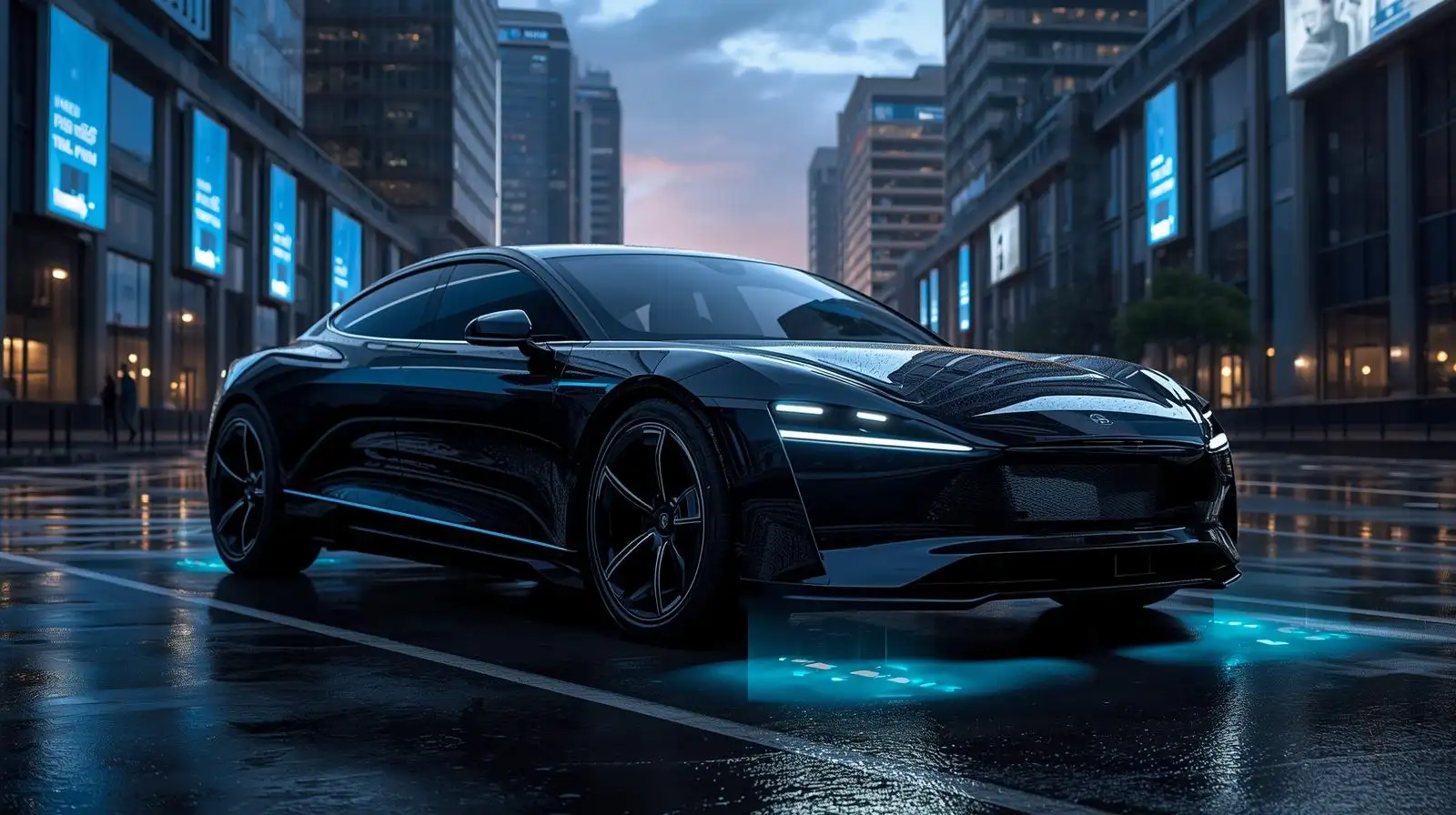Be Car Parking sensor
Reduce Scrapes and Dings with Precision Parking
Enjoy worry-free parking with protection that preserves your car’s finish

Select a category
Parking Sensor
Dashboard Camera
Be Parking sensor store
Top selling
Hussle free parking with parking sensor

No More Guessing. Park with Precision
BeCarPaint Store
Top Rated
buy parking sensor
Smart Parking, Stress-Free Driving
Parking sensors
Parking sensors are made for any vehicle being driven on the road to assist in parking. In new cars, it usually comes pre-installed. If you have an older car then you can choose to install an aftermarket sensor. A parking sensor is a device which is installed on the vehicle that emits electromagnetic or ultrasonic waves embedded in the sensors. While parking they will alert drivers of obstacles that are near, behind or within the vicinity of the vehicle. The waves emitted from the sensors make a sound the driver can hear. When the vehicle being parked gets closer to the obstacle the sound gets even louder. There is also a monitoring screen that is installed at the front panel on the dashboard so the driver is able to see what is happening behind.
How does the driver activate the sensor?
The driver activates the sensors by putting the vehicle in reverse. This activates the sensors that are installed on the front and back of the vehicle. In reverse, the sensors make a sound at a constant range and speed that lets the driver know how far he or she is from the obstacle at the back of the vehicle. The closer you get to the obstacle while parking; the sensors will emit a longer and louder ranged sound.
The different sounding beeps will help the driver to determine whether the obstacle is in front or back of the vehicle. The front sensors have a high-sounding continuous beep to alert you of objects, while the back sensors give off a lower sounding beep for an alert
Buying a Parking Sensor
Choosing a good parking sensor involves considering several factors to ensure effective operation and value for money. Here’s a guide to help you make an informed decision:
- Type of Sensor: Decide between ultrasonic sensors, which detect objects using sound waves, and electromagnetic sensors, which create an electromagnetic field to sense obstacles.
- Coverage: Ensure the sensor provides both front and rear coverage for comprehensive protection.
- Sensitivity: Look for sensors with adjustable sensitivity settings to avoid false alarms, such as detecting low curbs.
- Display & Alerts: Consider sensors with visual displays or colored indicators in addition to audio alerts. This can provide a clearer idea of the distance between the vehicle and the obstacle.
- Weather Resistance: Opt for sensors that are waterproof and can perform well in various weather conditions.
- Ease of Installation: While some sensors can be easily installed DIY, others might require professional installation. Determine your preference beforehand.
- Aesthetics: Choose sensors that match or complement your vehicle’s color or can be painted over for a seamless look.
- Brand Reputation: Go for well-reviewed brands known for durability and reliability.
- Price: While cost is a factor, avoid compromising on essential features for a lower price.
- Warranty & Support: Opt for products that come with a good warranty and customer support.
Blind Spots of a Parking Sensor
Because parking sensors are positioned at a vertical angle on the front and back bumpers, they will only detect objects directly within the range of waves being emitted. A low object may not be easily recognized by the sensors, so it is advised to utilize your rear-view mirrors (reverse cam) as well as have an additional person direct you if needed.
It is important to remember that the tires you use can have in impact on how effective your parking sensors are. If you change to a small tire size in the front or the back then that can alter the angel of the sensors and effect their ability to detect obstacles. If you change the size on all tire that too might effect what the sensors can detect due. This is due to the fact that the height of the car (and thereby sensors) changes when you change the size of the tires. The sensor may not recognize objects flat on the ground, which is small enough to be under the bumper, or close to the car. Apart from objects being detected, it is advised drivers pay attention to their surroundings; the sensors will not be able to alert you of cars or other vehicles that may be entering the parking area of your vehicle. In addition, the sensors will not be able to alert you of oncoming vehicles within the parking zone.

Parking sensors are very helpful especially for persons who have difficulty parking or backing out from driveways properly. There are many sad stories about major and irreversible accidents. The trauma which the driver can experience could sometimes have been avoided if they had parking sensors installed to their vehicles.
In 1970 Doctor Heyes in Nottingham in the United Kingdom invented the Electronic Guidance Device while working at the Blind Mobility Research Unit. He got it patented in 1983 and offered it to Jaguar Cars in Coventry. They tested the device and informed Dr. Heyes that because he was a one-eyed driver, that was the only reason why he invented the device, and it would not be accepted by everyday people in their everyday vehicles. He then partnered with a local manufacturer and after some time, they had retrofitted over 150 trucks and petrol delivery vehicles with the device. It would, however, take a very long time before they became standard on new cars.

































